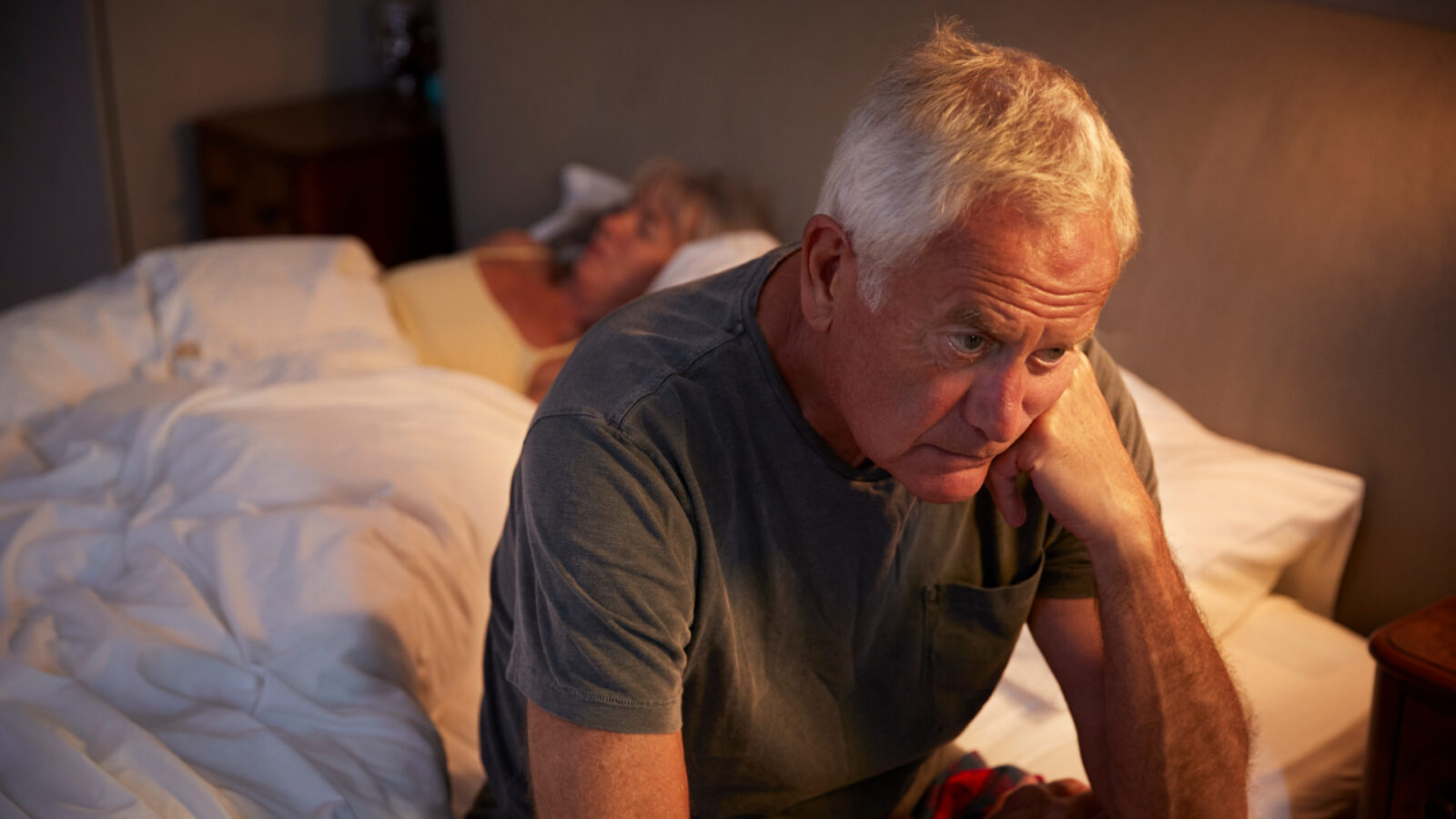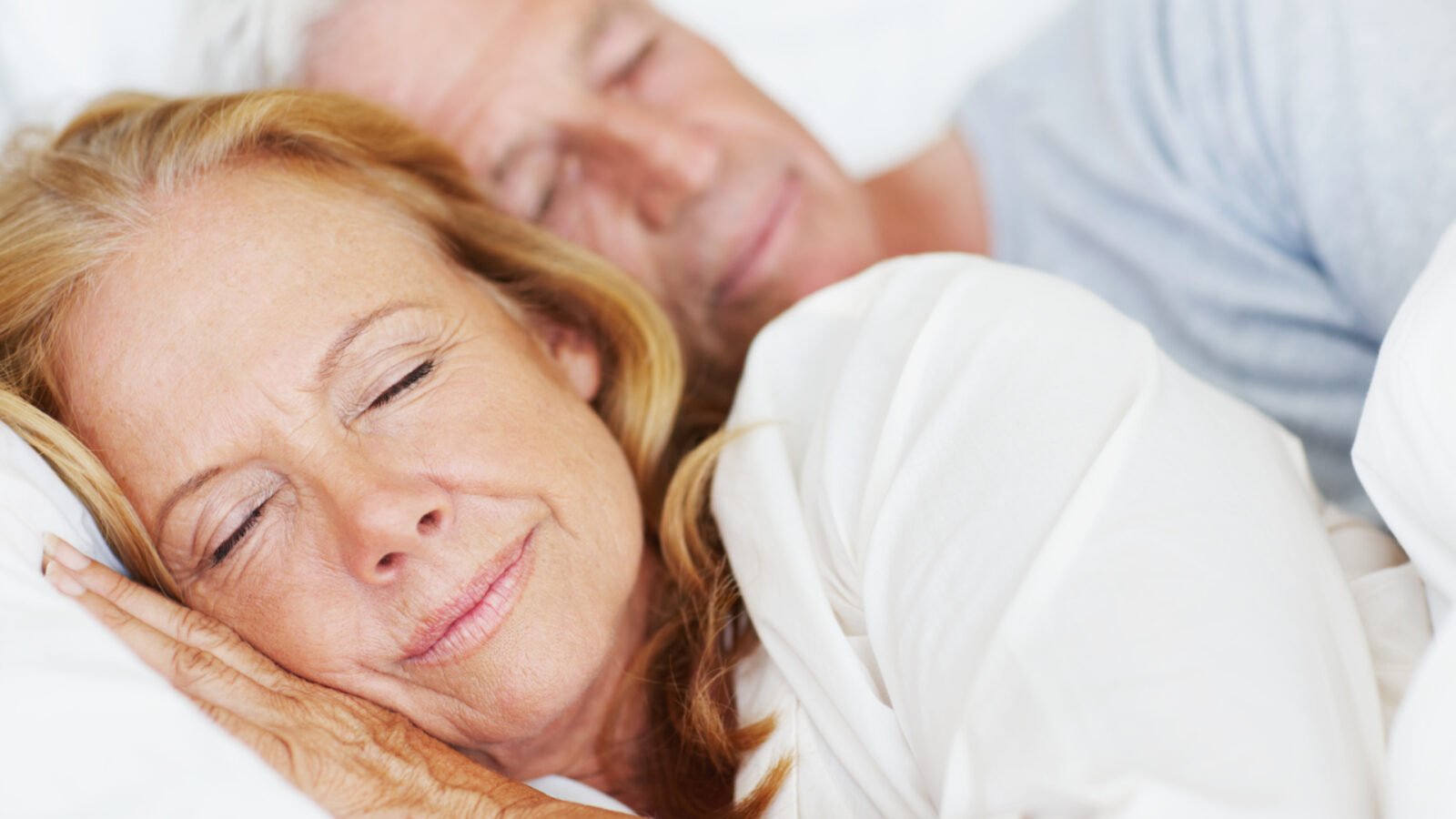
As daylight savings is observed across the majority of the country yet again the debate regarding the need for such a practice emerges.
Some argue that electricity charges go up during daylight saving time, their schedules are thrown off and who could forget the age-old belief that curtains will wear out quicker with an extra hour of daylight.
Although there are many who enjoy the prospect of an extra hour of daylight, for others, enjoying the sun’s rays for a little longer does little to placate the frustration they feel over the hour of sleep they could lose when the clocks move forward.
According to the Sleep Health Foundation, “our circadian rhythms are timed to match the environmental cycle of light and darkness. Daylight saving throws our circadian rhythms out of sync because we are suddenly required to wake at a time when the body clock is still programmed for sleep”.
It will surely come as no surprise that getting a good night’s sleep supports overall health and well-being.
A proper night’s sleep is crucial to provide the body with a chance to repair and recover, improve memory and mood, increase energy levels and supports brain development and cardiac function.
While debate rages as to the impact daylight saving can have on sleep, a greater scourge to a proper night’s sleep can get lost in the fray, the scourge being the devastating effects of sleep apnea.
Health Direct defines obstructive sleep apnoea (OSA) as occurring “when you have breathing pauses at night, because your throat becomes partly or completely blocked for a short time while you’re asleep.”
“People who have OSA may snore, wake up gasping and feel tired during the day.”
Medical expert Dr Vivek Eranki has worked in emergency departments, and across a broad range of medical fields and claimed that “obstructive sleep apnoea is an issue because it has a correlation with heart disease and stroke.”
“Sleep apnoea causes spikes in blood pressure which increase our risk of getting strokes in the future,” he said.
In addition to the long-term health side effects that obstructive sleep apnoea can cause, it can also lead to flow-on effects that can disrupt the sufferer’s day-to-day, including headaches and chest pains.
“The patients themselves register that ‘during the day I feel tired, during the day I feel exhausted, I’m having difficulty concentrating, I’m having to drink more coffee in order to have my focus’. Sometimes people wake up with headaches and chest pains as well,” Eranki said.
According to a 2019 parliamentary inquiry, it is more common to suffer from sleep apnea as we get older and it’s suggested that almost 3 million Australians may have some degree of sleep apnea and as many as eight in 10 living with the condition don’t even realise it.

ResMed Sleep Physiologist, Tim Stephenson explained that “signs of sleep apnea can be snoring, low mood, waking up feeling unrefreshed and feeling sleepy throughout the day.”
Without treatment, the interruptions in breathing caused by sleep apnea may be associated with
major health consequences.
“It’s important to know the signs of sleep apnea and to know when to ask for help,” Stephenson stressed.
“Visiting a health care professional may lead to a firm diagnosis and a treatment plan to help restore healthy breathing for better quality sleep.”
Steve*, 64, was one such individual who suffered from poor sleep caused by sleep apnea for years before seeking help and undergoing a sleep test that showed the number of interruptions in his sleep and alarmingly how often he would stop breathing.
“I used to suffer from a lot of aggression and I was always tired and irritable. I wasn’t a very nice person to be around,” he said.
“I first got told I had sleep apnea 10 years ago. I didn’t believe it or accept it. But a year ago, my wife started waking me up, shaking me through the night, telling me I’d stopped breathing. So, I went to the doctor again and they gave me a referral for a sleep test.
“The sleep test showed I had 96 interruptions when I stopped breathing at night which was
quite alarming.
“Now that I’m treating my sleep apnea, I get a good night’s sleep. I sleep a solid eight hours each night. Before treatment, I would fall asleep at the table, I was always irritable but now I wake up feeling good.
“I don’t get tired during the day. I used to run out of energy after a couple of hours. Now I’ve got energy all day long.
“As you get older, you want to be able to continue doing things. I’ve got grandchildren and I can now run around and play with them. Before I was too miserable.”
The impacts of poor sleep caused by sleep apnea can have a myriad of negative effects on your well-being, however treatment and working towards ensuring a proper night’s sleep can have just as many benefits.

Dr Andrew Bradbeer from Manse Medical, a respiratory and sleep medical practice, said “it’s not an exaggeration to say that it can make you feel 10 years younger, particularly if you have sleep apnea and get it treated.”
“Working to address problems with your sleep can really, really improve your wellbeing,” Bradbeer said.
“I often speak with people who feel that they are not able to enjoy their life in retirement as much as they had hoped because they are so fatigued.
“Whether you want to be able to travel, or keep working, or participate in community life, or enjoy grandchildren, it’s all so much better if you can be confident that you can get a good night’s sleep!”
Sleep Expert Carmel Harrington, who has a PhD in Sleep Medicine considers sleep to be the “third pillar of health” and when we get enough sleep we are provided with a “fountain of energy” that sets us up for the day ahead.
“When we are getting the sleep we require, we can get up every morning and face both the joys and the challenges of the day,” Harrington said.
“So often, when sleep deprived, we manage to meet all the “have to’s” of the day, but when it comes to doing something fun and enjoyable like going to dinner with your partner, you just feel too tired to bother.”
*Surname removed to protect privacy.
IMPORTANT LEGAL INFO This article is of a general nature and FYI only, because it doesn’t take into account your personal health requirements or existing medical conditions. That means it’s not personalised health advice and shouldn’t be relied upon as if it is. Before making a health-related decision, you should work out if the info is appropriate for your situation and get professional medical advice.